Drug addiction, or substance use disorder, is a chronic condition characterized by both physical and psychological dependence on a substance. It differs from behavioral addiction, particularly due to the toxic effects of the substance being consumed.
Drug Addiction
Understanding and Treating Addiction
Drug Addiction - Physical and Psychological Dependance
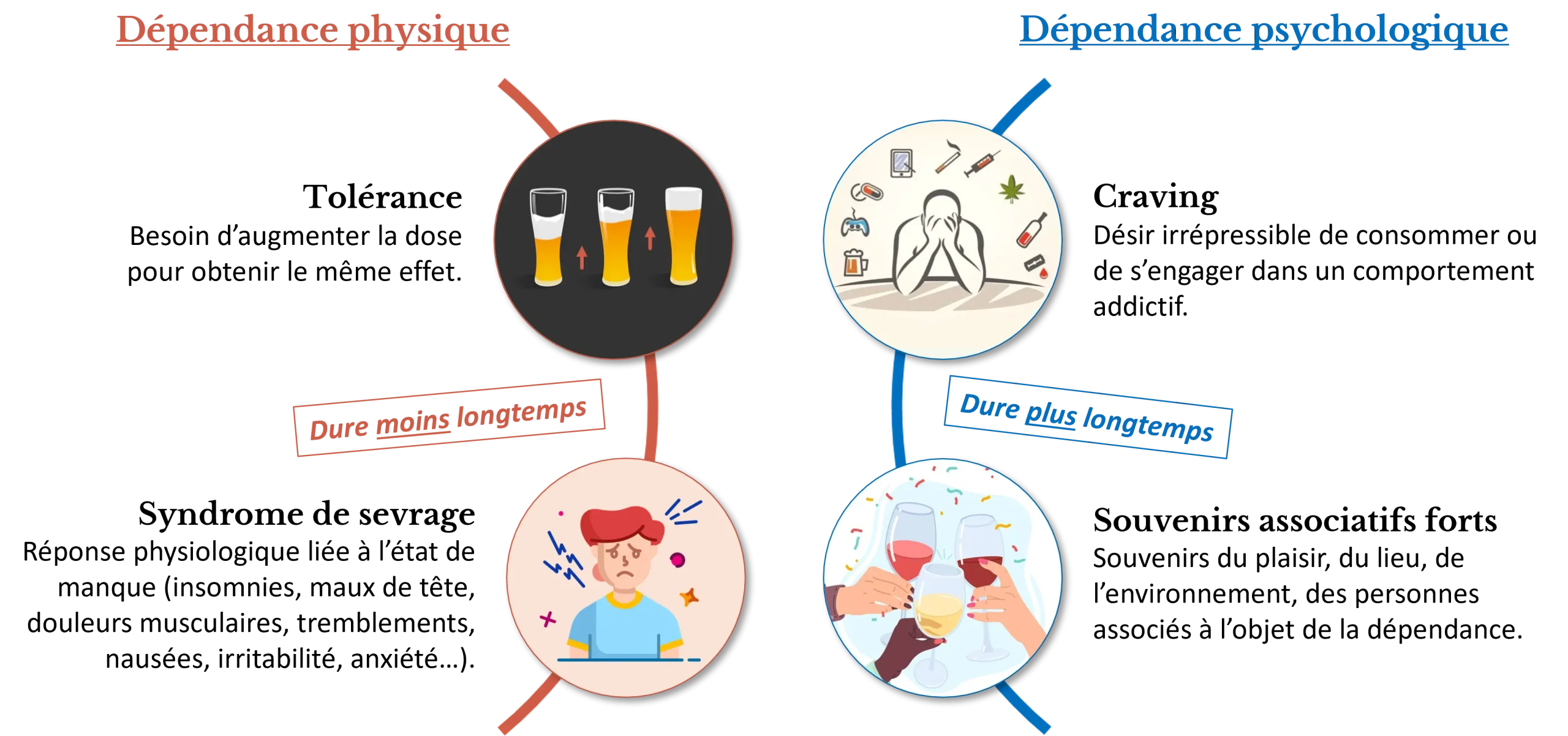
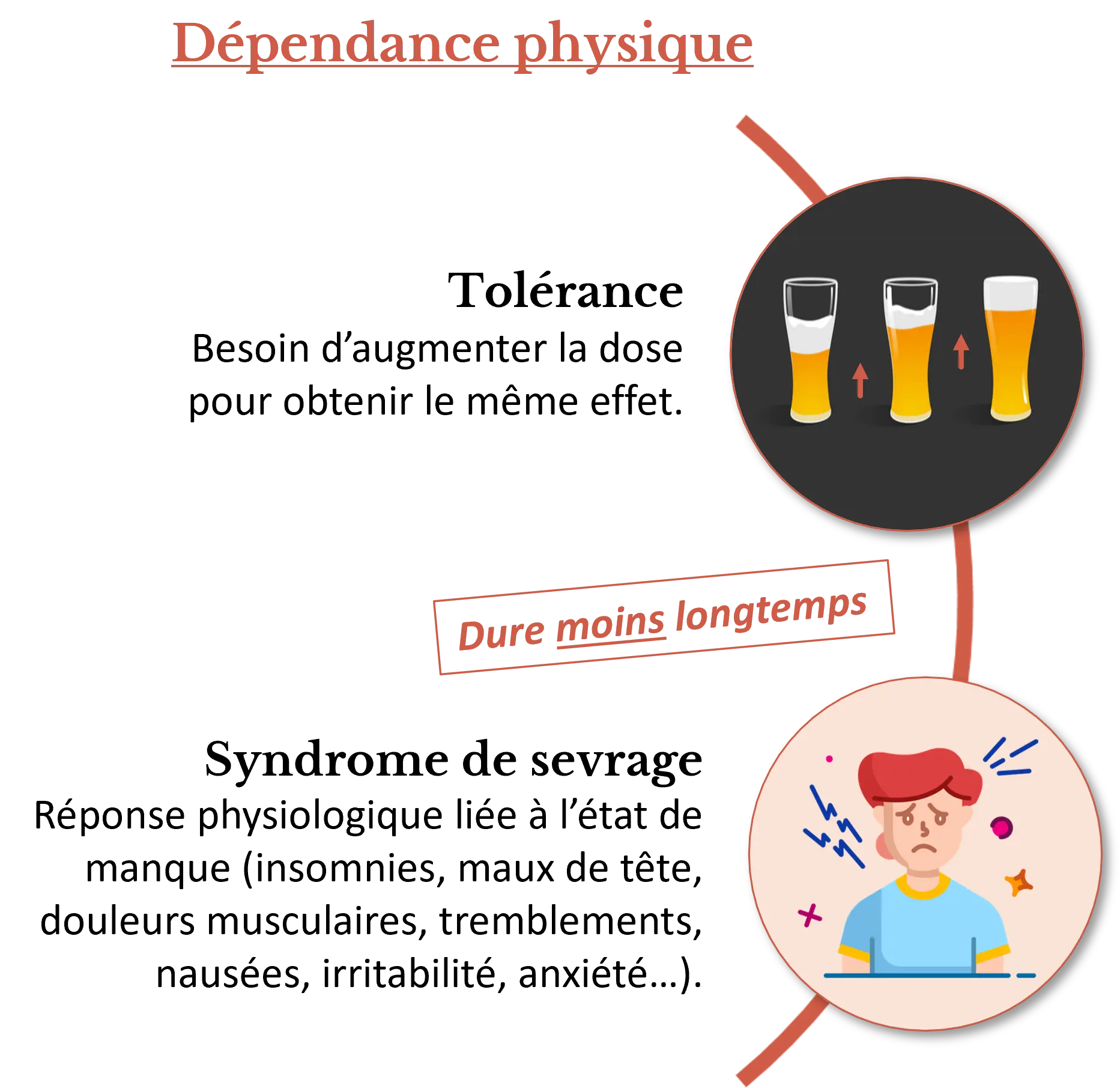
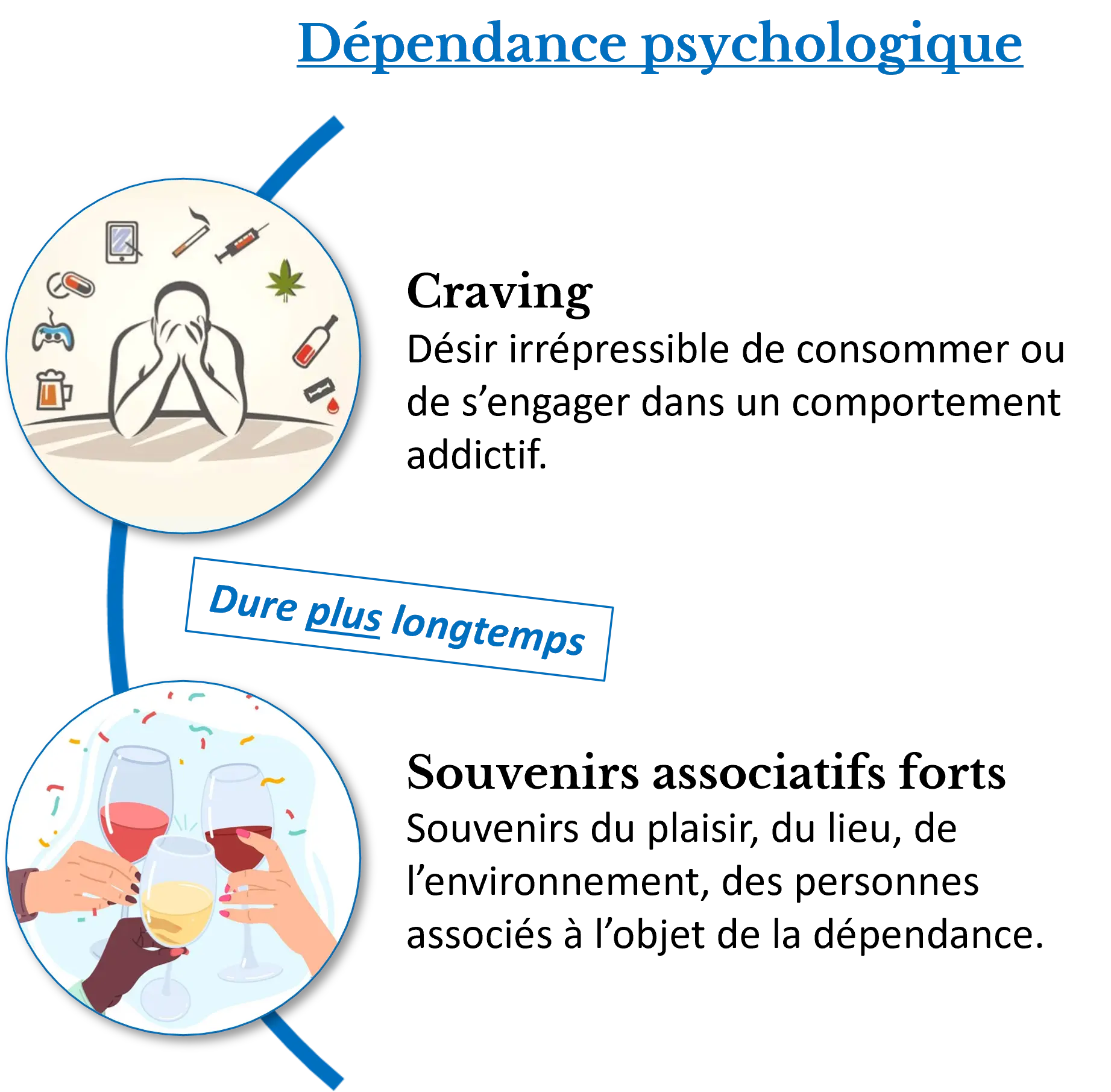
Drug Addiction - Risk Factors
The consumption of alcohol or other substances, and the progression from use to addiction, can be influenced by several factors:
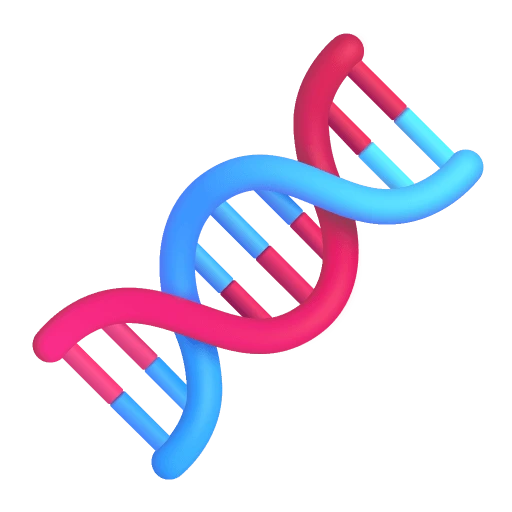
Genetic makeup and other individual biological factors play a significant role in the risk of developing drug addiction.
Early age is a risk marker for the persistence of substance use, its problematic development, or the transition to using other substances.

Being male is a risk factor associated with the use of all psychotropic substances.
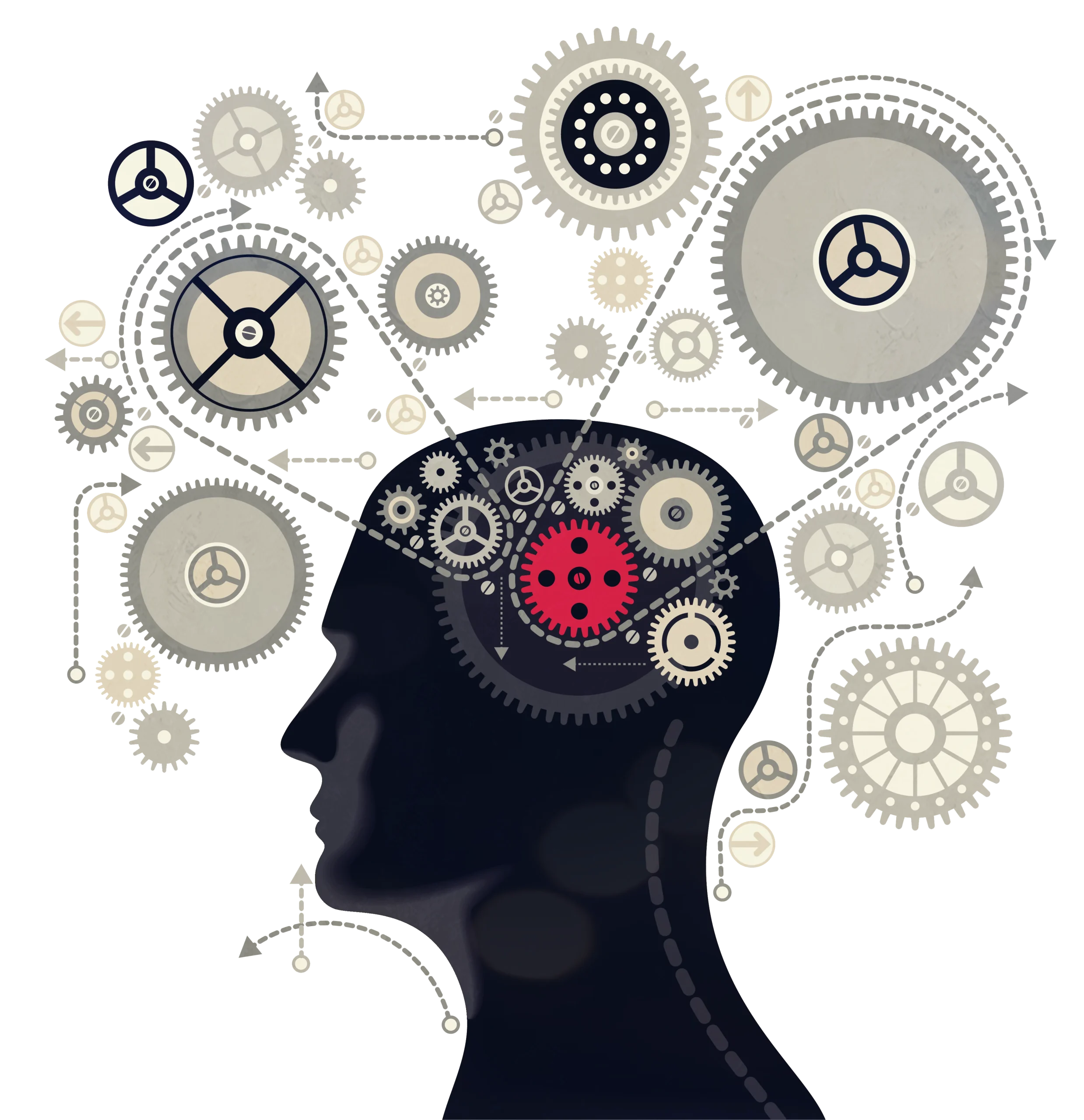
Low self-esteem, excessive emotional reactions, impulsivity, novelty seeking, personality disorders (such as antisocial and borderline), anxiety and depressive disorders, and ADHD can contribute to the development of addictive behaviors.
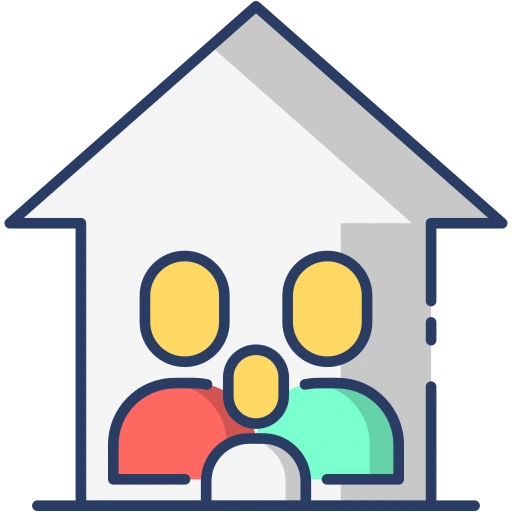
Family dynamics, such as parental discord, dysfunctional parent-child relationships, low attachment to the family during adolescence, and low parental support, along with intergenerational transmission (a history of addictive behaviors in parents), can contribute to the onset of an addictive disorder.
Drug Addiction - Substances and Their Treatment
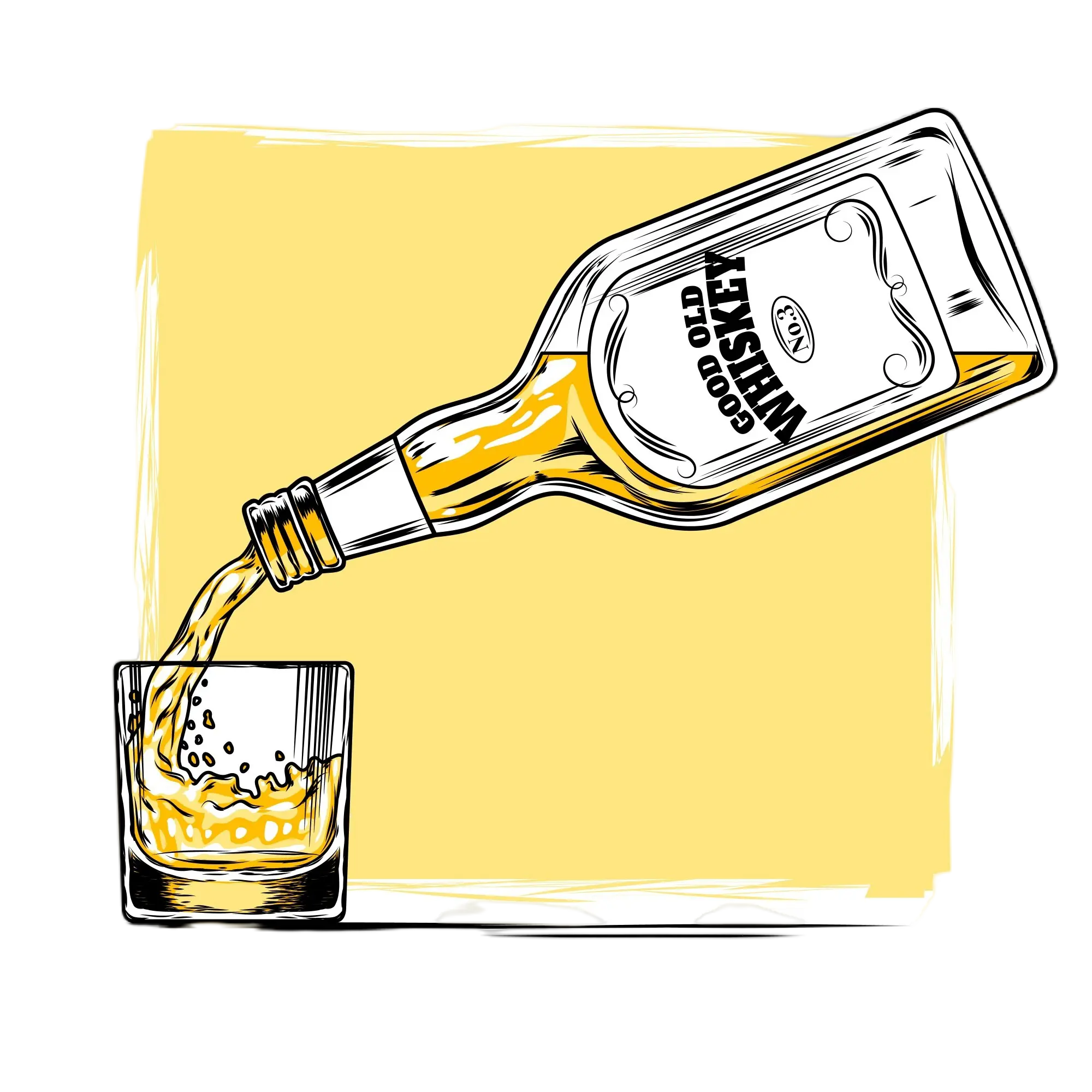 Alcohol
Alcohol
- Active substances: Ethanol
- Substance Type: Depressant
- Short-term Effects:
- +Relaxation and reduced anxiety
- +Euphoria and disinhibition
- -Impaired motor coordination and cognitive functions (memory, attention)
- -Reduced reflexes and judgment ability
- Long-term Effects:
- -Physical and psychological dependence
- -Liver and heart damage
- -Cognitive and neurological impacts
- -Mental health issues
- Risks:
- - Addiction
- - Liver diseases, cardiovascular diseases, cancers
- - Cognitive and neurological disorders
- - Mental health disorders (anxiety, depression, alcoholic psychosis)
- - Increased risk of accidents
- Treatment:
- Psychotherapy: Cognitive restructuring, emotion management, handling risky situations, exploring consumption factors, relapse prevention
- Institutional care : CSAPA, CAARUD, CJC...
- Medical Follow-up: Addiction specialist, psychiatrist
- Rehabilitation Programs : Residential or outpatient alcohol detoxification
- Support Groups : Peer support and community support groups
- Family Interventions : Involving family to provide additional support and improve family dynamics
- Nutritional Support : Correcting nutritional deficiencies often seen in alcoholics.
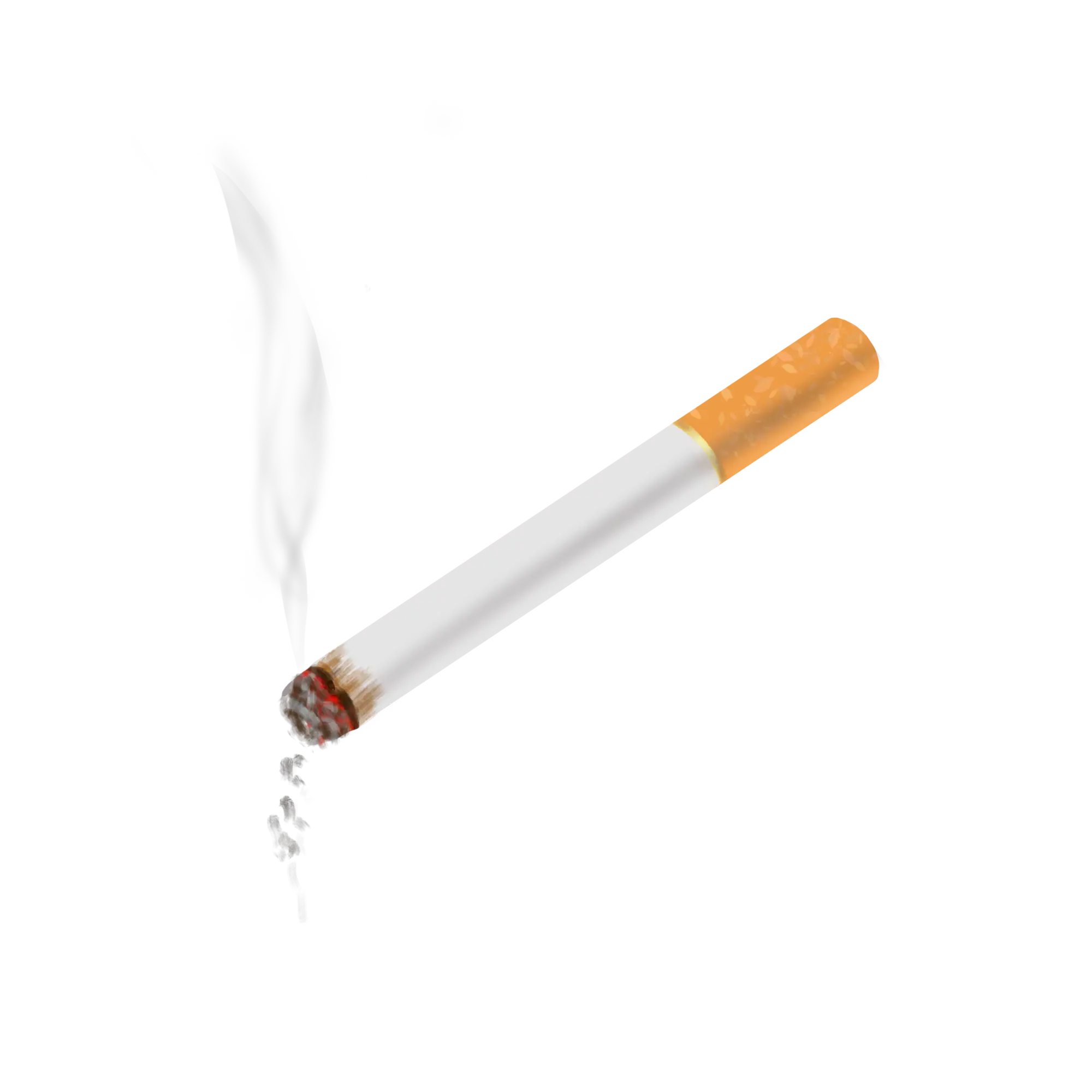 Tobacco
Tobacco
- Active substances: Nicotine
- Substance Type: Stimulant
- Short-term Effects:
- +Increased alertness and attention
- +Sensation of relaxation and stress reduction
- -Increased heart rate and blood pressure
- -Decreased skin temperature and extremities
- Long-term Effects:
- -Physical and psychological dependence
- -Lung and cardiovascular damage
- -Premature skin aging and other dermatological issues
- -Reduced life expectancy
- Risks:
- - Addiction
- - Respiratory and cardiovascular diseases, cancers
- - Increased risk of infections
- - Harmful effects on the health of others (secondhand smoke)
- Treatment:
- Psychotherapy : Managing triggers and cravings, cognitive restructuring, stress management, relapse prevention
- Medical Follow-up: Addiction specialist, smoking cessation specialist, pulmonologist, cardiologist
- Institutional care : Smoking cessation consultation centers (CSAPA, hospitals), smoking cessation support services
- Pharmacology : Nicotine replacement therapies (patches, gums, lozenges, inhalers), etc.
- Other approaches : Acupuncture, hypnosis
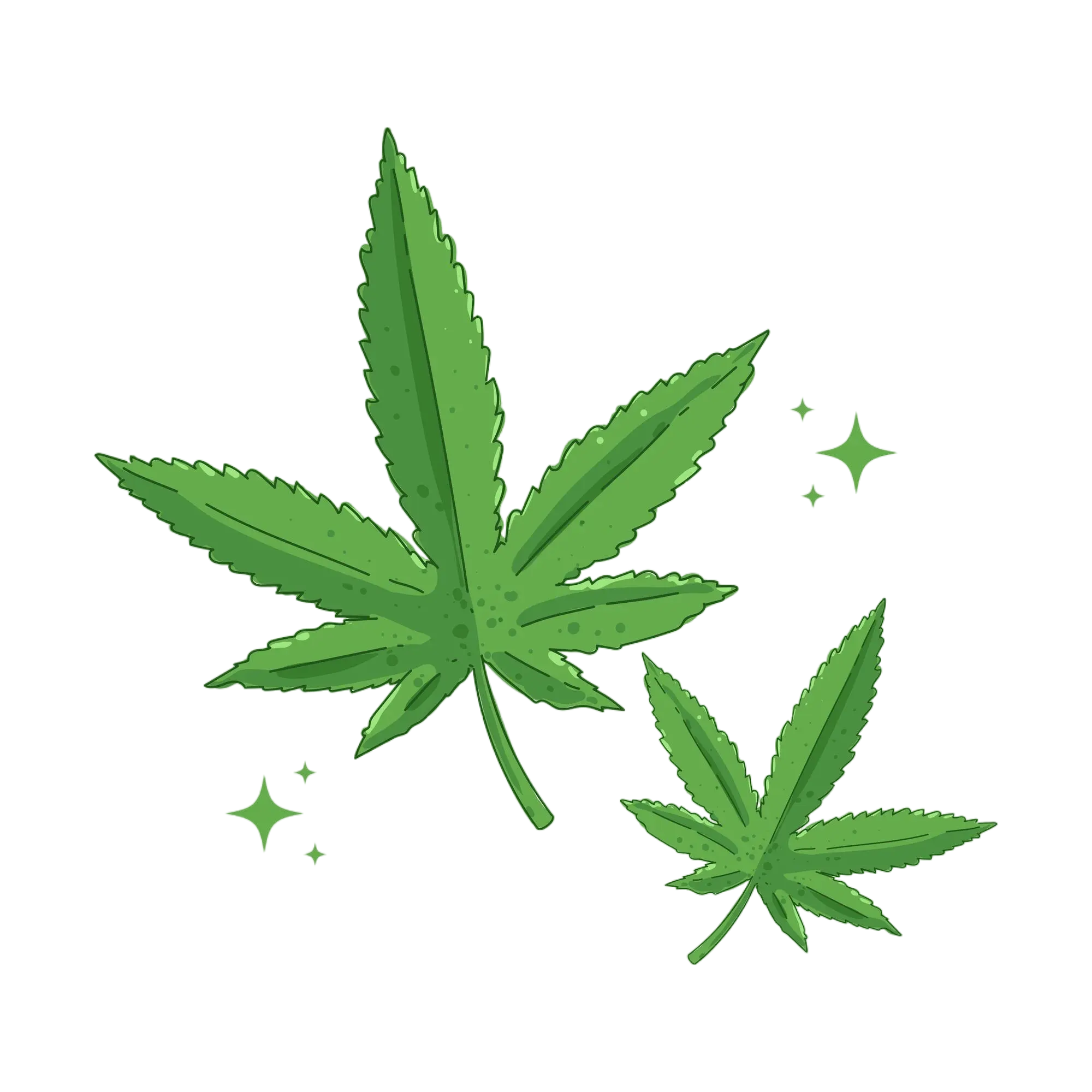 Cannabis
Cannabis
- Active substances: THC (tetrahydrocannabinol) and CBD (cannabidiol)
- Substance Type: Cannabinoid
- Short-term Effects:
- +Sensation of relaxation and well-being
- +Euphoria and mild sensory distortion
- +Potential pain reduction (CBD)
- -Impaired short-term memory and concentration
- -Distorted perception of time and space
- -Increased appetite
- -Panic reactions, anxiety, paranoia
- Long-term Effects:
- -Psychological dependence
- -Memory and cognitive function impairment
- -Respiratory problems
- -Deterioration of mental health
- -Reduced motivation and productivity
- Risks:
- - Addiction
- - Cognitive impairments
- - Mental health disorders (anxiety, depression, psychosis)
- - Disruption of brain development in young people
- - Chronic respiratory issues
- Treatment:
- Psychotherapy : Managing triggers, cognitive restructuring, emotion management, exploring consumption factors
- Medical Follow-up: Addiction specialist, psychiatrist
- Institutional care : CSAPA, CAARUD, CJC...
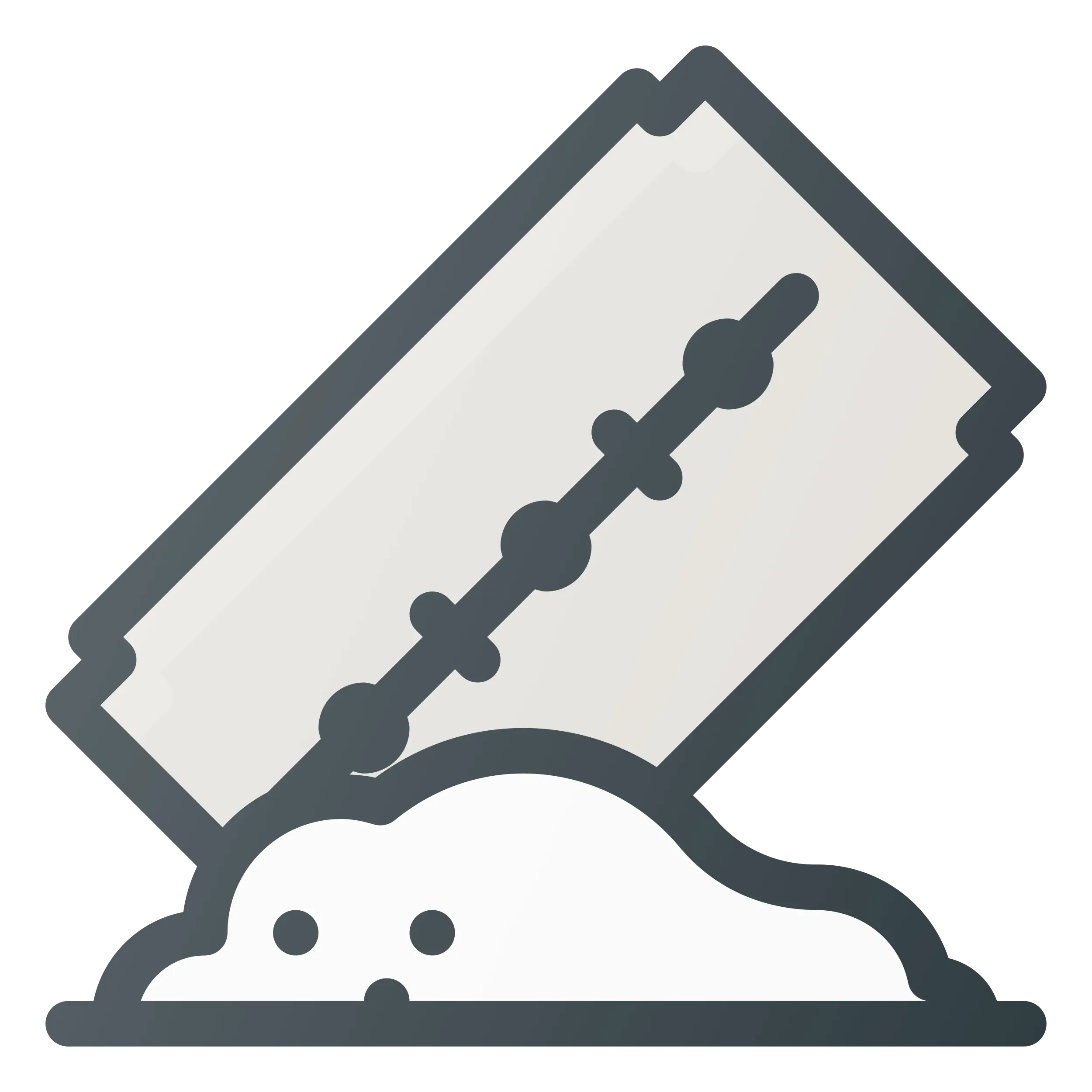 Cocaine
Cocaine
- Active substances: Cocaine
- Substance Type: Stimulant
- Short-term Effects:
- +Intense euphoria and sensation of well-being
- +Increased energy and alertness
- +Reduced fatigue and appetite
- -Anxiety, irritability, and paranoia
- -Increased heart rate and blood pressure
- Long-term Effects:
- -Physical and psychological dependence
- -Cardiovascular damage
- -Nasal problems
- -Deterioration of mental health
- -Cognitive function impairment (memory, attention)
- Risks:
- - Addiction
- - Cardiovascular diseases
- - Cognitive and neurological disorders
- - Mental health disorders (anxiety, depression, psychosis)
- - Increased risk of accidents and risky behaviors
- - Risk of death by overdose
- Treatment:
- Psychotherapy : Managing triggers and cravings, cognitive restructuring, emotion management, relapse prevention
- Medical Follow-up: Addiction specialist, psychiatrist, cardiologist
- Institutional care : CSAPA, CAARUD, CJC...
- Support Groups : Participation in peer support groups
- Rehabilitation Programs : Residential or outpatient detoxification programs
Drug Addiction - Prevention and Relapse Management
In the context of drug addiction, prevention and relapse management are essential to recovery. Developing effective strategies to identify triggers and anticipate risky situations is crucial. This includes managing emotions, modifying thought patterns, and building skills to cope with challenges. A strong support network (friends, family, healthcare professionals) is vital for maintaining abstinence. In the event of a relapse, it is important not to become discouraged and to seek professional help to adjust your management strategies. Creating a personalized relapse prevention plan is an integral part of therapeutic follow-up.
FAQ - Drug Addiction
Drug Addiction: How does the withdrawal process from an addictive substance work?
Pour découvrir les différentes étapes du sevrage, consultez cet article.
Drug Addiction: What are the consequences of drug use?
Drug Addiction: What should I do in case of an overdose?
- Call Emergency Services: Immediately dial the emergency number (15 in France or 112 internationally) for rapid medical assistance.
- Stay Calm to avoid wasting time.
- Gather Precise Information:
- What was consumed (name of the substance, amount, etc.).
- When the substance was consumed.
- Observed symptoms (difficulty breathing, loss of consciousness, seizures, etc.).
- Safety Position:
- If the person is unconscious but breathing, place them in the recovery position (on their side) to prevent choking in case of vomiting.
- Do Not Induce Vomiting:
- Do not make the person vomit unless instructed by a healthcare professional. This could worsen the situation.
- CPR if Necessary:
- If the person is not breathing or has no pulse, begin cardiopulmonary resuscitation (CPR) immediately and continue until help arrives.



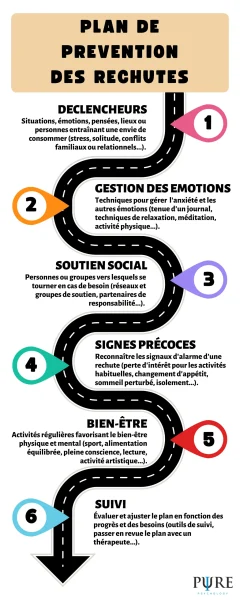
Socio-economic factors, such as dropping out of school, low social or professional integration, and difficulty planning for the future, along with ease of access to substances and peer influence during adolescence, can promote the initiation and establishment of regular or problematic consumption.